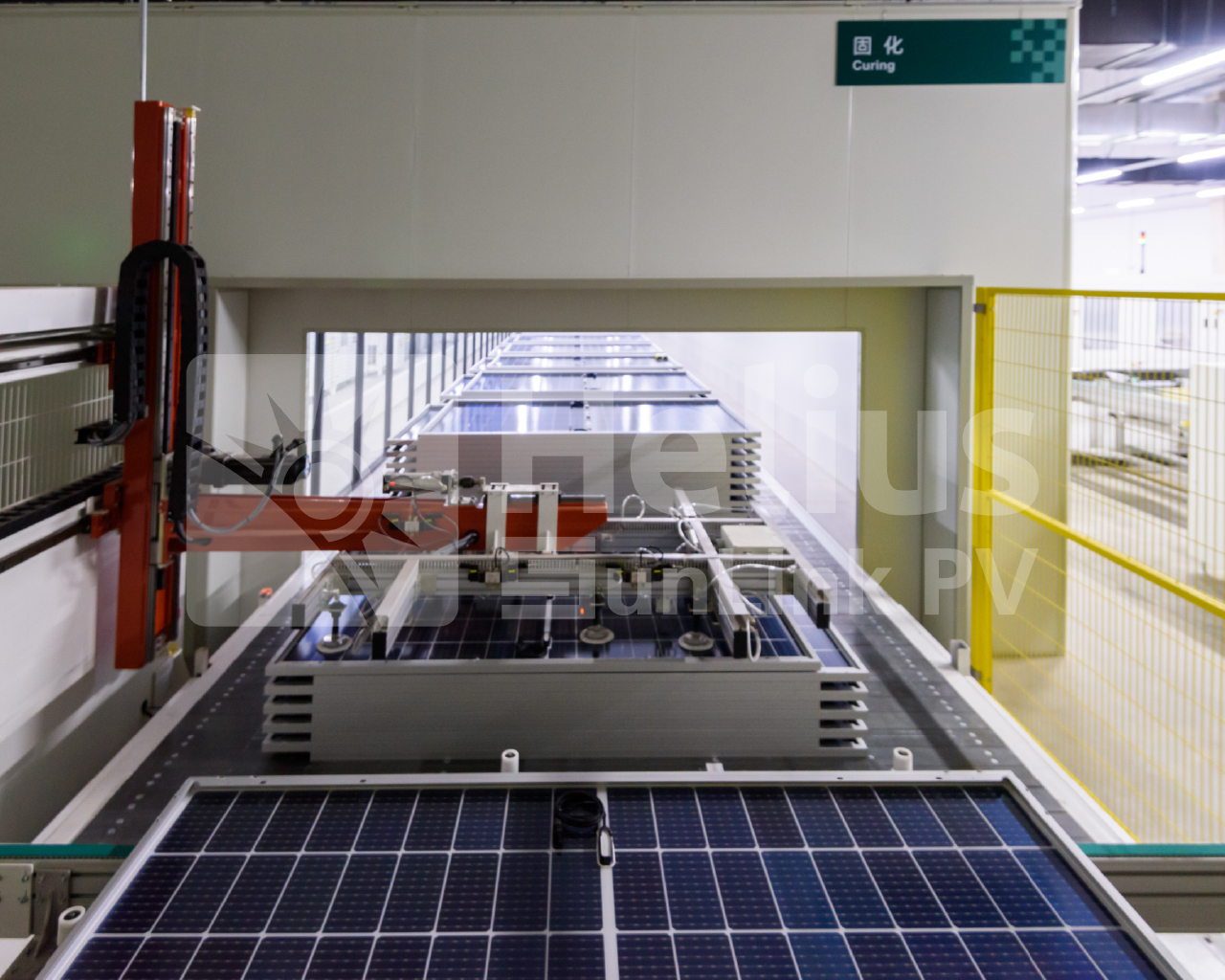The exponential growth of the solar energy industry has made the search for reliable and high-quality photovoltaic modules a necessity, to ensure the safety of photovoltaic systems. It is a fact that the market has faced challenges related to the sales of low-quality modules or even those whose reported characteristics, such as power, are not met when the energy generation parameters are verified after system installation.
The responsibility for the quality of photovoltaic modules and the accuracy of technical information lies with the manufacturers. To certify product quality, there are global and regional standards to be met, as well as tests conducted by laboratories that are market leaders worldwide. These tests cover aspects such as operation in extreme conditions, durability, and resistance to equipment degradation, among others, to ensure the quality, reliability, and safety of photovoltaic modules.
Learn about some of the most important certifications for photovoltaic modules
International certifications, such as IEC, PVEL, UL, RETC, and TÜV SÜD, establish rigorous standards for quality and performance, from energy efficiency to resistance to adverse weather, ensuring that the modules meet the demands of the global solar industry.Learn more about the certifications:
IEC (International Electrotechnical Commission): a global organization that establishes International Standards concerning electrical and electronic areas, as well as related technologies. The IEC issues various quality and safety standards for photovoltaic products, including 21 tests for IEC 61215 certification (performance and quality) and 32 tests for IEC 61730 certification (electrical safety of modules).
PVEL (PV Evolution Labs): PVEL is known for conducting rigorous tests on solar modules, inverters, and other photovoltaic components to help ensure they meet industry standards and can operate efficiently and reliably throughout their lifespan. This certification focuses on ensuring the quality, reliability, and performance of solar photovoltaic products and systems.
UL (Underwriters Laboratories): a leading organization in safety testing and certifications, which issues certificates for photovoltaic modules that meet safety and performance standards through comprehensive testing.
RETC (Renewable Energy Testing Center): a certification issued by a specialized renewable energy testing center, which attests to the compliance and performance of products and systems related to solar photovoltaic energy. The RETC certification is valuable because it provides an independent guarantee that solar products and systems meet quality, performance, and safety standards.
TÜV SÜD: an authorized institution specialized in testing, certification, auditing, and consulting services for various industries. The TÜV SÜD certification evaluates the performance of photovoltaic modules based on safety standards from the International Electrotechnical Commission (IEC), ensuring the long-term reliability of the products.
Another certification adopted by some photovoltaic module manufacturers is ISO 9001:2015, a quality management standard that regards continuous improvement of quality and processes, increasing customer satisfaction while maintaining sustainable performance.
Investing in certified photovoltaic modules is crucial to ensure that photovoltaic systems deliver their full generation efficiency and provide reliability and safety for the locations where they are installed. For this reason, buyers and installers should look for laboratory-tested quality modules.
Beyond that, after having a structural report issued by an engineer, installations should be carried out by a technical team that specializes in photovoltaic installations, ensuring reliability and safety of the system and its materials.


